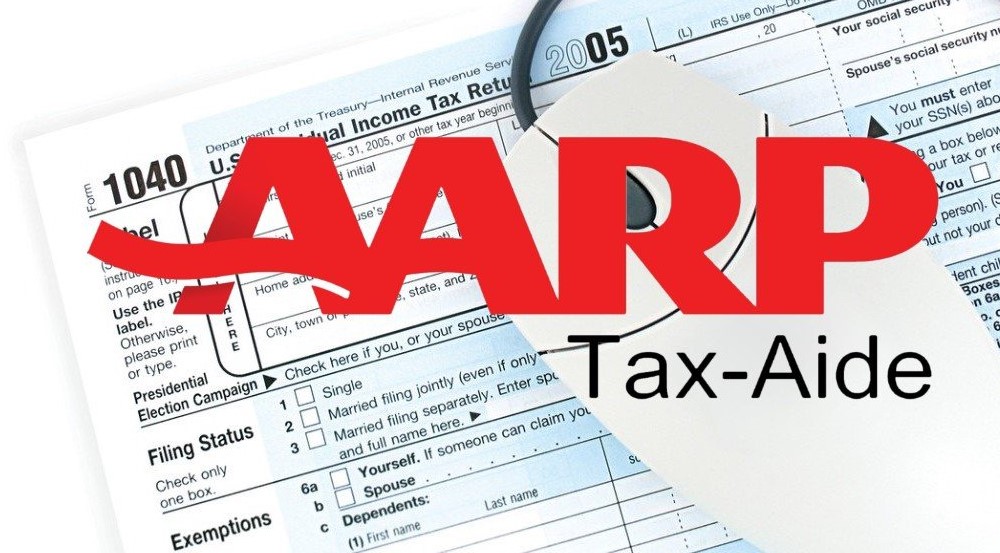IRS Accepting Returns. The Internal Revenue Service (IRS) is the federal agency responsible for administering and enforcing the tax laws of the United States. Each year, taxpayers are required to file their tax returns with the IRS, reporting their income and claiming any deductions or credits they are eligible for. The IRS then processes these returns and determines whether the taxpayer owes any additional taxes or is entitled to a refund.

The IRS typically begins accepting tax returns in mid to late January of each year, and taxpayers have until April 15th (or the next business day if the 15th falls on a weekend or holiday) to file their returns. However, the IRS may extend the filing deadline in certain circumstances, such as natural disasters or other emergencies.
To file a tax return, taxpayers can use a variety of methods, including filing online through the IRS website or using commercial tax preparation software, mailing a paper return to the IRS, or working with a tax professional. Regardless of the filing method used, taxpayers must provide accurate and complete information on their returns, including their income, deductions, and credits.
Once a return is filed, the IRS will review it for accuracy and completeness. If there are errors or omissions on the return, the IRS may send the taxpayer a notice asking for more information or clarifications. In some cases, the IRS may also audit the return to verify the accuracy of the information provided.
If the return is accepted by the IRS, the taxpayer will receive a confirmation that their return has been processed. If the taxpayer is entitled to a refund, the IRS will issue the refund within a few weeks of processing the return. If the taxpayer owes additional taxes, the IRS will send a bill outlining the amount due and the payment options available.
In summary, the IRS accepting returns is the process by which the agency receives and processes tax returns filed by taxpayers. The IRS reviews these returns for accuracy and completeness and may request additional information or conduct an audit to verify the information provided. If the return is accepted, the taxpayer will receive a confirmation and, if applicable, a refund or a bill for additional taxes owed.
Why IRS Accepting Returns
The IRS accepting returns is an essential process for several reasons. Firstly, it allows the IRS to collect information about taxpayers’ income and deductions, which is necessary to enforce the tax laws and ensure compliance. This information is used to determine whether taxpayers have accurately reported their income and claimed any deductions or credits they are eligible for.
Secondly, the IRS accepting returns allows taxpayers to fulfill their obligation to file their tax returns and pay any taxes owed. By accepting returns, the IRS is providing a channel for taxpayers to report their income and deductions and fulfill their obligation to pay taxes to the government.
Thirdly, accepting returns allows the IRS to process refunds for taxpayers who are entitled to them. If a taxpayer has overpaid their taxes or is eligible for certain tax credits, the IRS will issue a refund once the return has been accepted and processed.
Finally, accepting returns allows the IRS to identify potential cases of tax fraud or non-compliance. By reviewing returns for accuracy and completeness, the IRS can identify discrepancies or inconsistencies that may indicate fraudulent or non-compliant behavior. This can help the IRS detect and deter tax fraud and non-compliance, which ultimately helps to ensure the integrity of the tax system and maintain public trust in the government’s ability to enforce tax laws.
Who Can Get IRS Accepting Returns
The IRS accepting returns is available to all individual taxpayers, businesses, and other entities that are required to file a tax return. Generally, any taxpayer who has earned income during the year, including wages, salaries, tips, self-employment income, interest, dividends, or capital gains, is required to file a tax return with the IRS.
Some individuals and businesses may be exempt from filing a tax return if they have earned income below a certain threshold or if they meet certain other criteria. For example, individuals who are claimed as dependents on another taxpayer’s return may not be required to file a return if they have no earned income or if their income is below a certain threshold.
However, even if a taxpayer is not required to file a return, they may still choose to do so if they are eligible for certain tax credits or deductions that can reduce their tax liability or generate a refund. Additionally, businesses and other entities, such as non-profits, trusts, and estates, may be required to file a tax return regardless of their income level.
In summary, the IRS accepting returns is available to all taxpayers who are required to file a tax return or who choose to do so voluntarily. The specific requirements for filing a tax return vary depending on the taxpayer’s income level, filing status, and other factors.
Also read : All About Turbotax
When IRS Accepting Returns
The IRS typically begins accepting tax returns for a given tax year in mid to late January. For example, for the 2022 tax year, the IRS began accepting tax returns on January 24, 2022. However, the exact date may vary from year to year, depending on various factors such as changes in tax laws or IRS systems upgrades.
Taxpayers generally have until April 15th of each year (or the next business day if the 15th falls on a weekend or holiday) to file their tax returns. However, the IRS may extend the filing deadline in certain circumstances, such as natural disasters or other emergencies. For example, in 2020 and 2021, the IRS extended the filing deadline to May 17th in response to the COVID-19 pandemic.
It’s worth noting that taxpayers can file their tax returns before the IRS begins accepting returns. However, the IRS will not process these returns until the start of the tax season. Filing early may be beneficial for taxpayers who are expecting a refund, as the IRS processes refunds on a first-come, first-served basis.
 GARAGE Automotive, Business and Tax
GARAGE Automotive, Business and Tax




